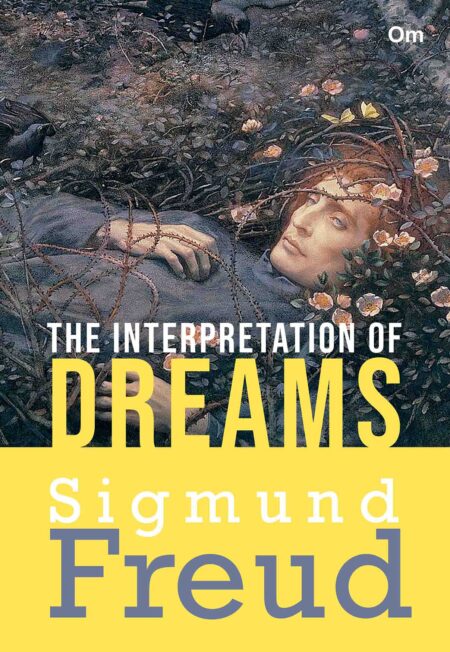Sigmund Freud
Sigmund Freud, born on 6 May 1856, Freiberg, Moravia, Austrian Empire, was a famous Austrian neurologist and arguably one of the most significant contributors to the field of Psychology. He was the founder of Psychoanalysis, a theory that influenced fields beyond Psychology and dominated the 20th century consciousness.
Through Psychoanalysis, Freud introduced groundbreaking therapeutic techniques such as free association and transference, and introduced revolutionary concepts such as the theory of the unconscious and Oedipus complex, which remains one of Freud’s most controversial ideas. His major works include Studies on Hysteria (1895), The Interpretation of Dreams (1899), and Three Essays on the Theory of Sexuality (1905). After the Nazi invasion of Austria, Freud had to flee to England. However, his ideas and theories remained prevalent despite being challenged often throughout the 20th century. Freud died on 23 September 1939, aged 83.
